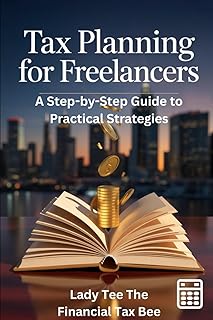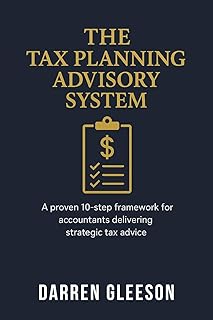As the end of the financial year approaches, understanding super contribution strategies can offer significant benefits. Concessional super contributions can provide access to tax advantages that were previously underutilized. Since July 2019, individuals have been able to catch up on past contributions and still enjoy future tax benefits.
Concessional contributions encompass employer contributions, including superannuation guarantee and personal contributions claimed as tax deductions. These contributions are taxed at 15% upon entry into the super fund and are not considered part of personal taxable income, except for individuals earning over $250,000, who may face an additional 15% tax.
The current cap for concessional contributions stands at $25,000 per financial year, set to increase to $27,500 in July 2021 to align with inflation. Individuals with a total superannuation balance under $500,000 from the previous year’s end may carry forward unused concessional caps for up to five years, providing an opportunity to contribute more than the standard cap.
For example, a self-employed GP like Dr. Kay, with a historically low super contribution, can leverage this carry-forward provision to contribute $75,000 in the current year, saving significantly on taxes. By utilizing this strategy, individuals like Dr. Kay can optimize their super contributions and tax savings.
Moreover, those with self-managed superannuation funds can bring forward next year’s contributions by making a claimable tax-deductible contribution in June. This approach allows individuals to allocate funds towards the following year’s cap, particularly beneficial during high-income years.
Dr. Tim, facing an unusual income surge in 2020–21, strategically makes two contributions before 30 June 2021, optimizing tax benefits by utilizing different marginal tax rates. Non-concessional contributions, on the other hand, involve adding funds to super without claiming tax deductions, offering long-term benefits such as lower tax rates on earnings and potential tax-free retirement withdrawals.
While there are restrictions on non-concessional contributions, starting early can maximize their advantages. It is crucial to consider individual financial situations and needs before making decisions based on these strategies. By understanding and implementing effective super contribution strategies, individuals can enhance their financial well-being and optimize tax benefits for the future.
📰 Related Articles
- Thomson Reuters Innovates Tax and Financial Planning Solutions
- Tax Expert Criticizes Wealthy Backlash Against Labor’s Super Plan
- Strategic Retirement Planning: Diversification, Automation, Debt Reduction for Stability
- Maximize Sports Betting Profits with Strategic Market Approaches
- Maximize Financial Benefits: Conduct Home Loan Health Check Before EOFY





